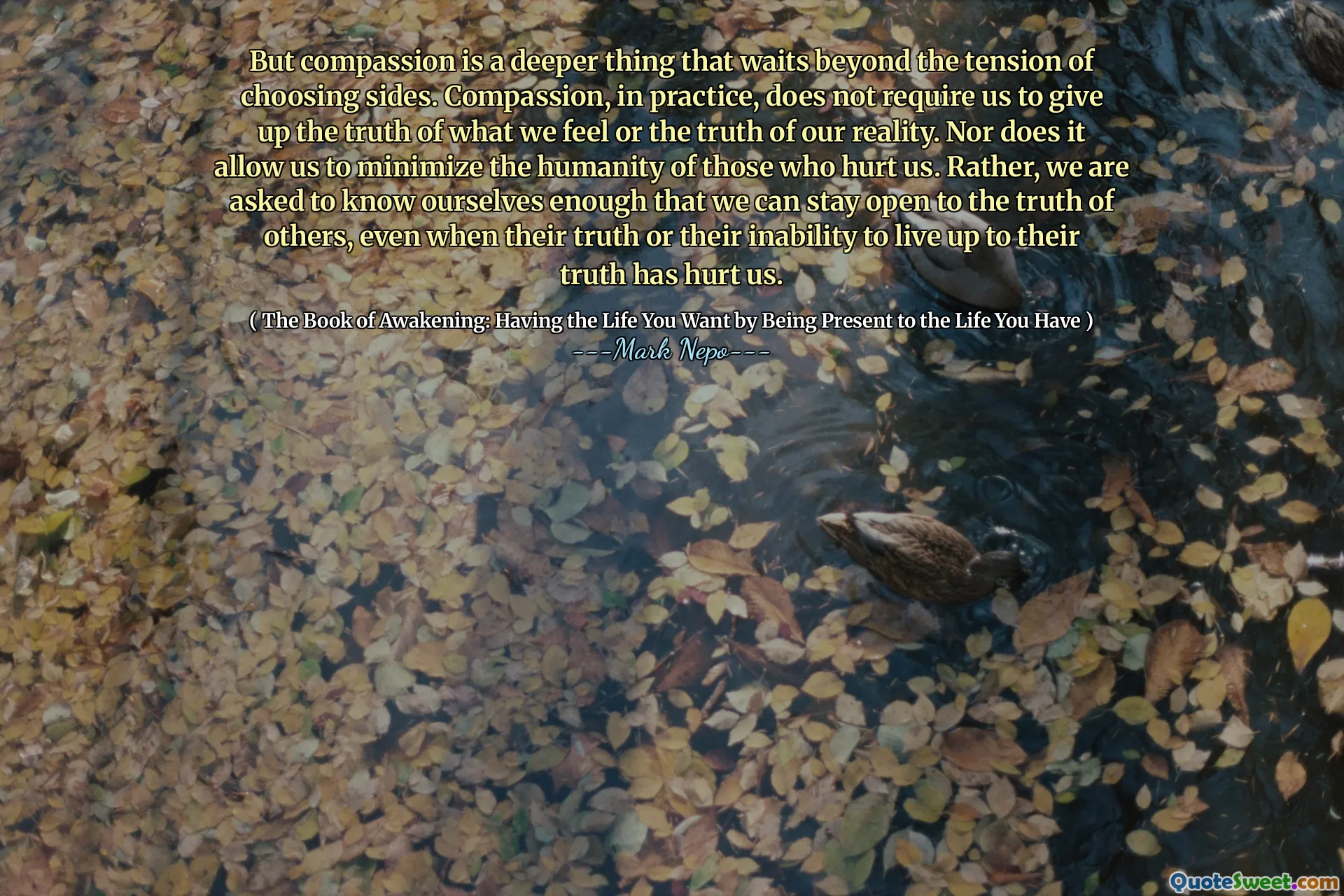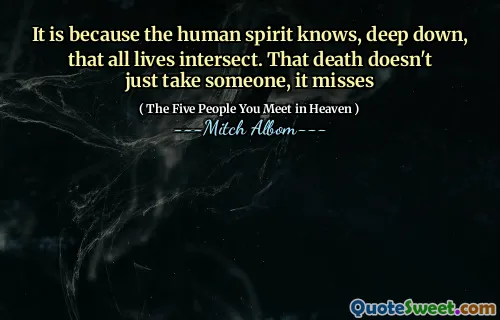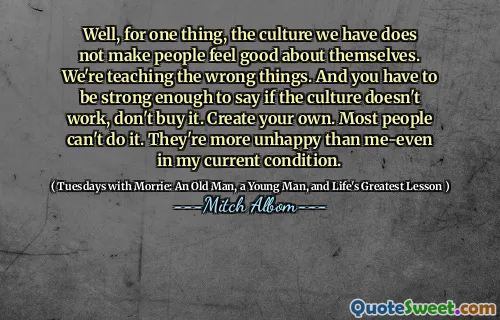
但是同情是一件更深层次的事情,它在选择方面的紧张局势超越了。在实践中,同情心并不要求我们放弃我们感受的真理或现实的真理。它也不能使我们能够最大程度地减少伤害我们的人的人性。相反,我们被要求了解自己,即使他们的真理或他们无法辜负他们的真理也伤害了我们,我们也可以对他人的真理保持开放。
(But compassion is a deeper thing that waits beyond the tension of choosing sides. Compassion, in practice, does not require us to give up the truth of what we feel or the truth of our reality. Nor does it allow us to minimize the humanity of those who hurt us. Rather, we are asked to know ourselves enough that we can stay open to the truth of others, even when their truth or their inability to live up to their truth has hurt us.)
同情心不仅仅是在任何冲突中选择一方,并试图与对自己和他人的更深入了解。它允许承认我们自己的感受和现实,而不会损害那些可能造成我们痛苦的人的人性。这种更深的意识有助于我们对他人的经历和真理保持开放,这可能是具有挑战性的,尤其是当我们感到受伤时。
马克·尼普(Mark Nepo)强调,真正的同情心包含人类情感的复杂性。它不会迫使我们否认自己的真理或他人的不当行为,而是鼓励我们认识我们的共同人性。通过这样做,我们可以养育一个用于治愈和理解的空间,即使在艰难的情况下,我们也可以以同理心和恩典来驾驭自己的关系。











